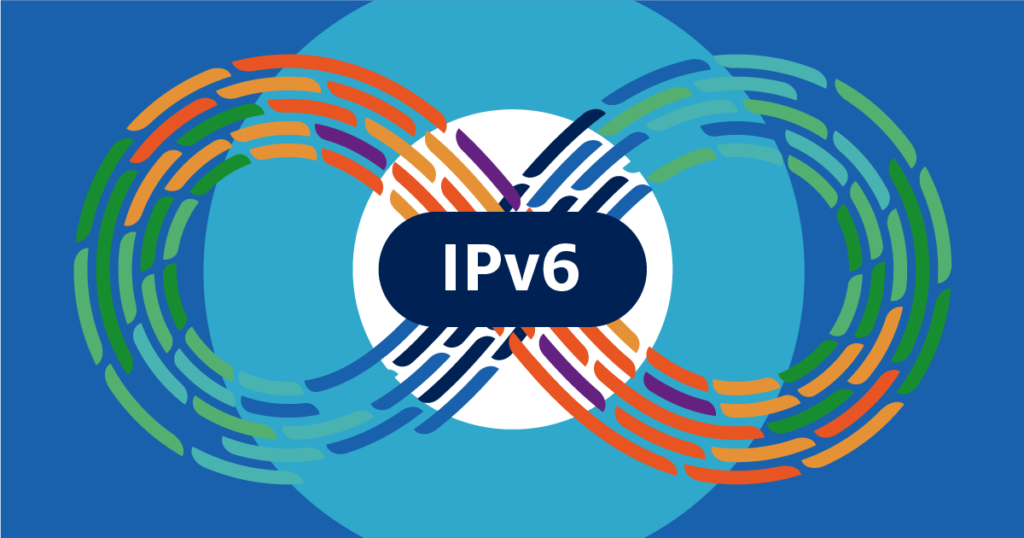IPv6 holds critical importance for the development and expansion of technology in the healthcare services sector. This article examines the impact of IPv6 on healthcare services and emphasizes the importance of its usage. For more detailed insights, you can visit the original article here.
Why is IPv6 Important for Healthcare Services?
IPv6 is essential for addressing several critical challenges in the healthcare sector, particularly in the face of increasing digitalization and technological demands:
- Increasing Digitization and Telemedicine Applications: As healthcare services increasingly rely on digital platforms, telemedicine has become a vital component. IPv6 provides the necessary infrastructure to support these services, allowing for seamless communication and data transfer across devices and platforms.
- Growing Device Network and the Role of IoT in the Healthcare Sector: The healthcare industry is increasingly integrating IoT devices for patient monitoring, data collection, and management. IPv6 enables these devices to connect and operate efficiently, providing the necessary bandwidth and address space for expanding networks.
- IPv4 Address Limitations and the Expansion of Healthcare Services: With the limitations of IPv4 addresses, expanding healthcare networks face challenges in managing and integrating new devices. IPv6, with its vast address space, eliminates these limitations, enabling the growth and scalability of healthcare services.
How to Implement IPv6 in Healthcare Services: Practical Applications
The implementation of IPv6 in healthcare services provides numerous benefits and enables advanced applications. Some key examples include:
- Implementation and Integration of IPv6 in Hospital Networks: Hospitals require robust and secure networks to manage patient data and communications. IPv6 enhances network security and scalability, ensuring that hospital networks can handle the increasing data traffic and device connections.
- Integration of IoT Devices with IPv6 into Healthcare Services: IoT devices play a critical role in modern healthcare, from remote patient monitoring to automated treatment systems. IPv6 supports the integration of these devices, ensuring reliable data transmission and connectivity.
- Adoption of IPv6 Infrastructure for Telemedicine and Remote Healthcare Services: Telemedicine relies on real-time communication and data exchange between patients and healthcare providers. IPv6 provides the necessary infrastructure to support these services, ensuring low latency and high reliability in remote healthcare delivery.
What are the Structures? IPv6 Infrastructure and Healthcare Services
To fully leverage IPv6 in healthcare services, specific infrastructure requirements and structures need to be in place:
- Infrastructure Requirements of IPv6 for Healthcare Services: Healthcare networks need to be upgraded to support IPv6, including routers, switches, and other network devices. This infrastructure upgrade ensures that healthcare services can scale and adapt to future technological advancements.
- Impact of IPv6 on Patient Data Security and Privacy: IPv6 offers enhanced security features that are crucial for protecting patient data. This is particularly important in healthcare, where data breaches can have serious consequences. IPv6’s built-in security protocols help safeguard patient information and ensure compliance with privacy regulations.
- Effect of IPv6 on the Efficiency and Accessibility of Healthcare Services: IPv6 improves the efficiency and accessibility of healthcare services by enabling faster data transmission and more reliable network connections. This is especially important for telemedicine and remote healthcare services, where network reliability is critical.

The Importance and Benefits of IPv6 for Healthcare Services
IPv6 plays a pivotal role in enhancing healthcare services by providing several key benefits:
- Expanded Network Access and Scalability: IPv6 allows for a greater number of devices to connect to the network, which is essential for scaling healthcare services. This expanded access ensures that healthcare networks can grow without compromising performance.
- Ensuring Data Security and Patient Privacy: IPv6’s advanced security protocols are crucial for protecting sensitive patient data, ensuring that healthcare providers can maintain the privacy and security of patient information.
- Enhancement of Remote Healthcare Services Development and Accessibility: IPv6 supports the expansion of telemedicine services, making healthcare more accessible to remote and underserved populations. This expansion helps bridge the gap between patients and healthcare providers, particularly in rural areas.
Conclusion: The Role of IPv6 in Shaping the Future of Healthcare Services
IPv6 is instrumental in shaping the future of healthcare services. Its impact on network scalability, data security, and service accessibility makes it a critical component of modern healthcare systems. As the healthcare sector continues to evolve, the adoption of IPv6 will be essential in ensuring that healthcare networks are robust, secure, and capable of meeting the demands of an increasingly digital world. The successful transition to IPv6 will enable healthcare providers to deliver higher-quality care, improve patient outcomes, and support the ongoing transformation of the healthcare industry. For further insights, refer to the original article here.




